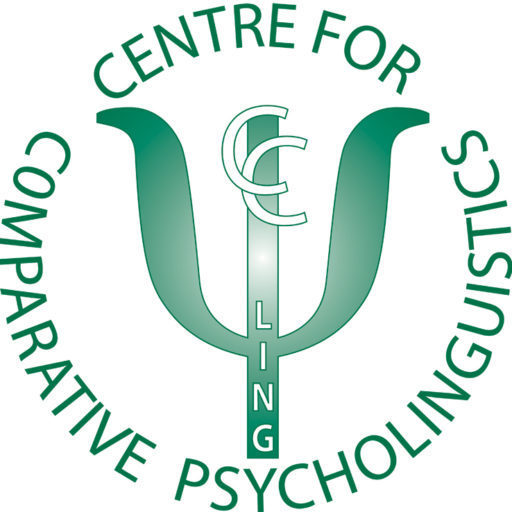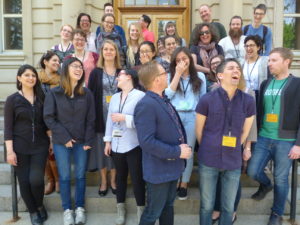STEP2017
STEP2018 – CCP Spring Training in Experimental Psycholinguistics
The Centre for Comparative Psycholinguistics (CCP, University of Alberta Department of Linguistics) organized a week long Spring Training Workshop in current issues and methods in psycholinguistics. STEP2018 took place in Edmonton, Alberta, May 14-19, 2018. The Spring School was directed at graduate and advanced undergraduate students and anyone else interested in learning how to turn their research ideas into concrete steps towards experimental designs, data collection and analysis using advanced experimental and statistical methods.
Location: University of Alberta, Edmonton, Alberta, Canada
Dates: May 14-19, 2018
Registration Deadline : April 29, 2018.
Fee: The workshop fee included attendance, workshop materials, tea/coffee, light snacks and lunches (5 days). There was an extra $20 (CAD) for the day-long GAMMs workshop (on Saturday May 19) which included drinks, snacks and lunch.
STEP 2018 Instructors and Courses
Harald Baayen (University of Tübingen) – Computational modeling of lexical processing with naive discriminative learning
Emmanuel Keuleers (Tilburg University) – Crowds, words, and networks: A transaction-based view on studying language processing
Aki-Juhani Kyröläinen (McMaster University) & Vincent Porretta (University of Windsor) – Introduction to linear mixed-effects modeling in R
Gary Libben (Brock University) – Building and combining your own behavioural psycholinguistic techniques for pure and applied research
Vincent Porretta (University of Windsor) – Introduction to R
Debra Titone (McGill University) & Jason Gullifer (McGill University) – Capitalizing on our communicative & neurocognitive diversity: A selective overview of why and how we study individual differences in language processing
Benjamin V. Tucker (University of Alberta) – Using speech in psycholinguistics: From speech synthesis to spoken word recognition
Jacolien Van Rij (Groningen University) & Juhani Järvikivi (University of Alberta) – The Visual World Paradigm step-by-step – Eye-tracking for spoken language research

